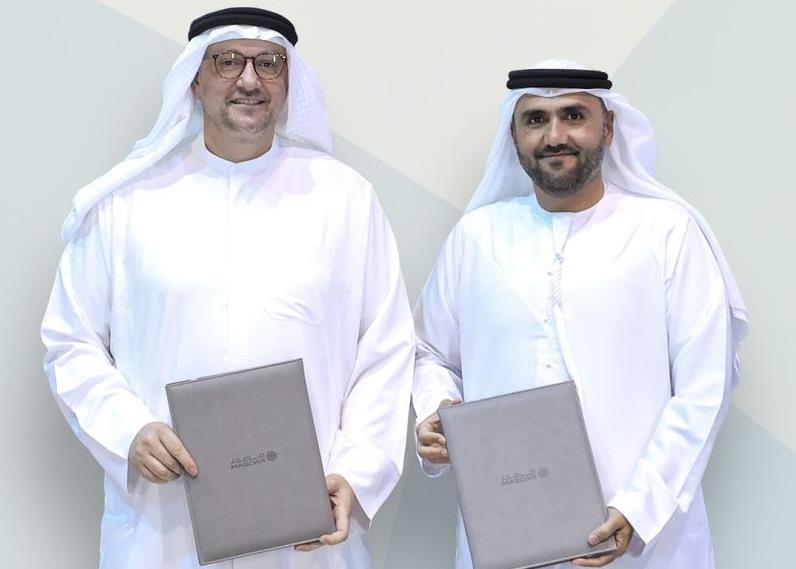

Will non-Opec and Iran follow through?
The start to 2017 couldnt have been more different from 2015 for Opec. Two years ago, the organisation, led by Saudi Arabia insisted on market forces correcting oil prices, which had plunged from $100 highs to nearly 40 per cent of their value by the beginning of 2015.
Saudi Arabia had then argued that the highest cost producers, that is US shale oil firms should be the first to lower output.
The rhetoric has changed two years and a historic production cut agreement later, with Opec members, particularly Saudi Arabia sounding if anything over-enthusiastic about slashing production.
Opec came to an agreement in November to lower production by 1.2 million barrels a day (b/d) to 32.5 million b/d.
At the Atlantic Council Global Energy Forum in Abu Dhabi - the first convening of energy ministers of major Opec producers since the agreement, Saudi Arabias Khalid al-Falih said that his country had lowered its output to less than 10 million b/d - for the first time since February 2015. Riyadh had committed to a production cut of 486,000 b/d at the Opec meeting. Al-Falih, speaking to reporters at the forum said that Riyadh had slashed more than its agreed share.
The price of Brent jumped to $56 - its biggest jump in six weeks following his comments.
Kuwaits new oil minister Essam al-Marzouq who heads Opecs monitoring committee overseeing compliance of cuts said that his country, which announced a production cut of 130,000 b/d in January had cut more than its agreed share.
Dubbed the oil police at the forum by moderator CNNs emerging market editor John Defterios, al-Marzouq said that Kuwait would lead by example and noted that others such as Saudi Arabia, the UAE, Qatar and non-Opec Oman had already lowered production and expected Russia to follow suit as well.
While Gulf states at the forum sang from the same hymn sheet, Opecs second largest producer Iraq, while reiterating its pledge to compliance, voiced unhappiness about not being exempted and also the statistics used to determine its share of cuts.
In an emotional keynote, Jabbar al-Luaibi, Iraqs oil minister said that his country had accepted the production cuts in spite of the extraordinary circumstances the country faced and said that Baghdad was in desperate need of revenues to alleviate the pain of the Iraqi people.
He insisted that his country was made to suffer a deeper production on the basis of secondary sources used to calculate Iraqs production cut of 210,000 b/d. He said that Iraq had already cut 170,000 b/d and was to cut a further 40,000 b/d before the end of January.
His comments at the forum at times reflected a cut on exports rather than actual production and the minister did not clarify this discrepancy.
It remains to be seen whether Iraq would follow through with its commitments or is likely to renege on its commitments or perhaps only lower exports.
Talks were also underway with the Kurdistan Regional Government to arrange for its share of production cuts, added al-Luaibi.
While Gulf Opec members as a collective seemed keen to follow through with their promise to lower production, it remains to be seen whether non-Opec producers who also agreed to lower production by 558,000 b/d would keep faith.
Russia has already cut a third of its pledged 300,000 b/d for January. Full data on output reduction would be available in February, added al-Marzouq.
The other Opec member whose compliance remains questionable is Iran. It had been allowed a special consideration to raise its output to post-revolution production high of 3.975 million b/d (2005), before cutting production.
National Iranian Oil Company official Gholamreza Manouchehri was quoted by the Islamic Republic News Agency as saying that Irans output was nearing four million barrels a day, with its current output at 3.9 million b/d in January.
Kuwaits al-Marzouq said Opec had reached 60 per cent compliance. Analysts have observed that a 50 per cent compliance would be good enough to boost prices in the short-term. It remains to be seen whether Opec - which has a history of reneging on compliance - will be able to keep up its New Years momentum for the rest of 2017.
You might also like...

Neom seeks to raise funds in $1.3bn sukuk sale
19 April 2024

Saudi firm advances Neutral Zone real estate plans
19 April 2024

Algeria signs oil deal with Swedish company
19 April 2024

Masdar and Etihad plan pumped hydro project
19 April 2024
A MEED Subscription...
Subscribe or upgrade your current MEED.com package to support your strategic planning with the MENA region’s best source of business information. Proceed to our online shop below to find out more about the features in each package.








